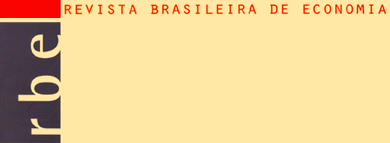This paper aims to analyze the distributive as well as macroeconomic impacts of two alternative tax reform proposals. To this end, a dynamic general equilibrium model with six heterogeneous agents' types and capital accumulation is built. The two considered proposals focuses on consumption taxes. The first one implements a nearly flat tax rate on consumption whereas the second one uses a progressive tax rate. The main macroeconomic finding is that both proposals lead to an increase in production, consumption, working hours, capital stock and aggregate welfare. On the disaggregated level, the poor families are the most benefited from the considered tax reform schedules, but all types increased their consumption as well as working hours. The first proposal generates little efficiency gains, increases inequality and worsens the regressive structure of the Brazilian tax system. On the other hand, the second proposal had stronger efficiency gains and leads to a reduction in inequality, improving the progressive structure of the country's taxation tax system.














































